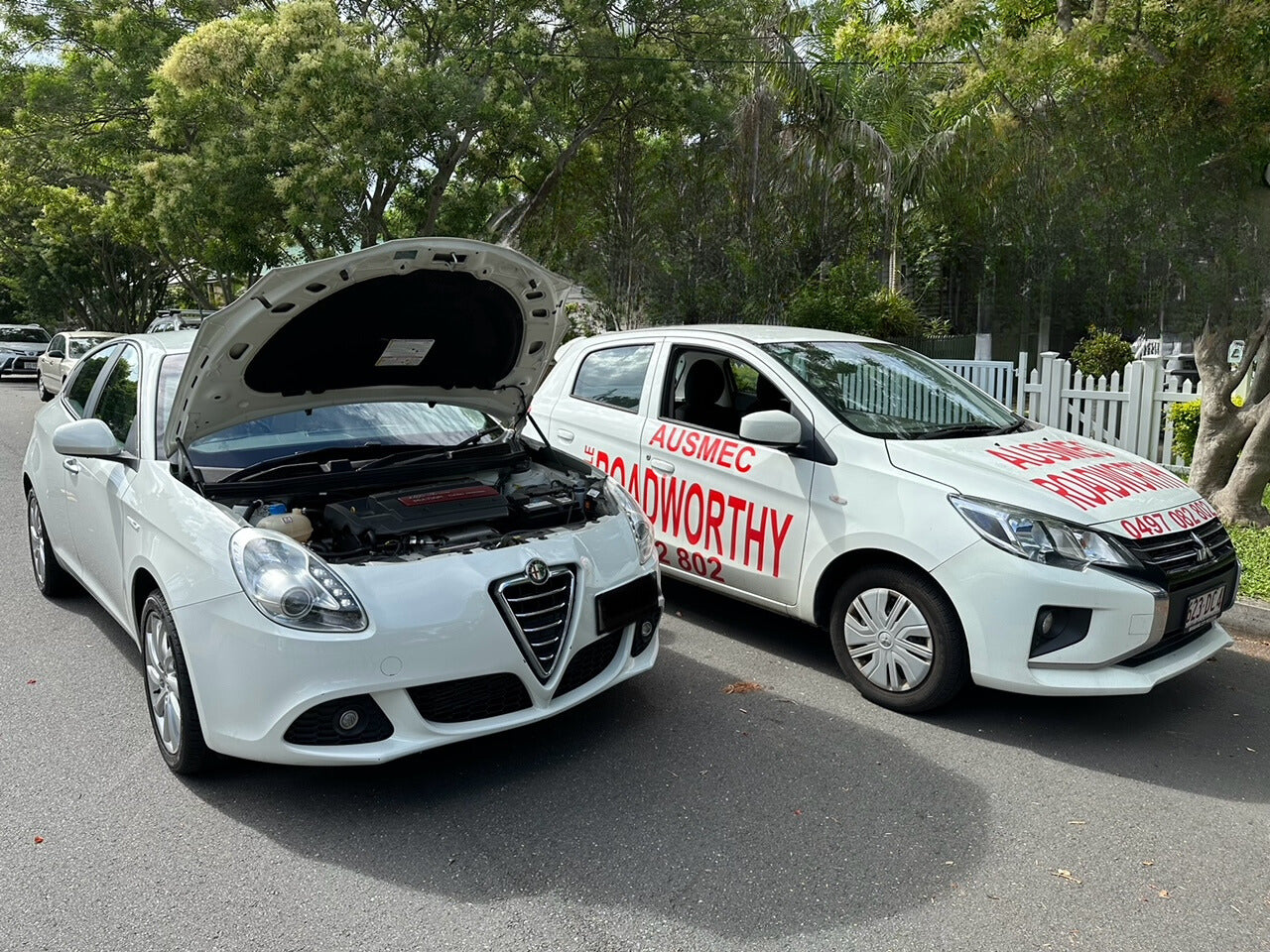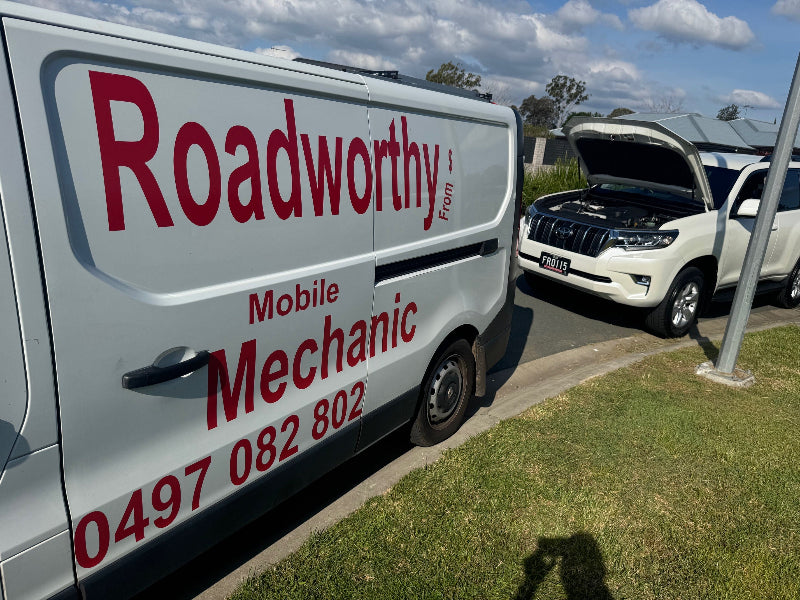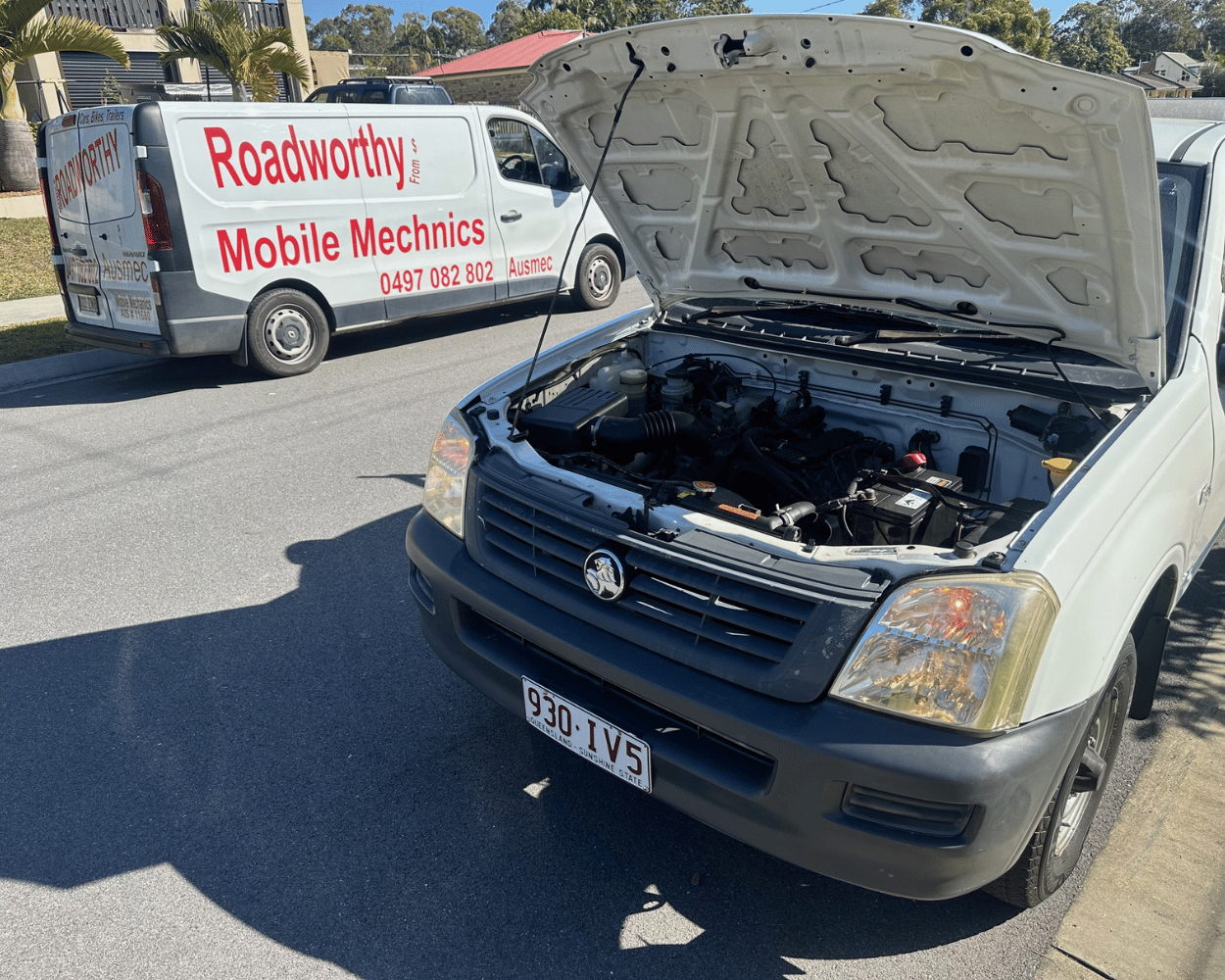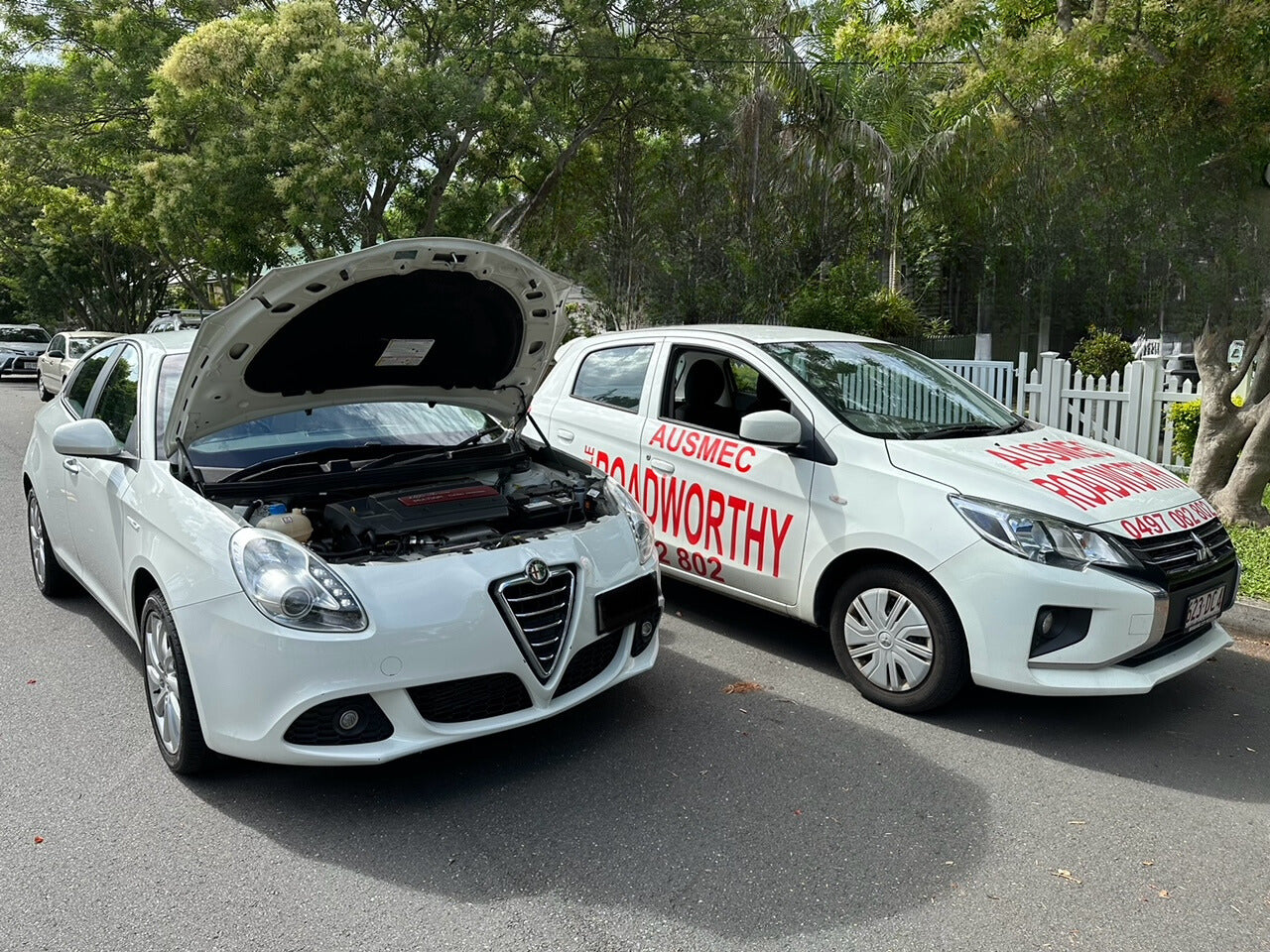RWC Complaint
Receiving Roadworthy Complaints is not Un-Common.
We see it all too often: someone buys a car without a thorough pre purchase inspection, only to discover later that it's a lemon. Here's where things get interesting. Australian law protects consumers by guaranteeing a certain level of quality and durability in products, including vehicles. This means a car should last a reasonable amount of time considering its age and intended use.
As the buyer, you determine your risk tolerance when purchasing a vehicle. For example, a very low-risk option would be buying a brand-new vehicle from a reputable dealer with a tried-and-tested brand reputation. On the other hand, purchasing a high-mileage vehicle from someone you haven't met on Facebook Marketplace carries a very high risk.
Who carries a Guarantee on a vehicle ?
Seller Guarantees and Australian Consumer Law:
- Dealerships: When you buy from a licensed car dealership, Australian Consumer Law (ACL) applies. This law protects you with guarantees on the vehicle's quality, safety, and functionality. It also offers a grace period (cooling-off period) and specific guarantees based on the car's age, mileage, and intended use.
- Private Sellers: If you buy from a private seller without a written contract outlining terms, you have no automatic remedies under ACL.
Considering everything we've discussed, let's get to the main point: Does a roadworthy certificate guarantee the condition of the vehicle?
The answer is absolutely not. In all cases, you should refer back to the seller regarding the warranty.
Then why do we even need a safety certificate if it doesn't guarantee a good vehicle?
The function of a Roadworthy or Safety certificate(RWC) is to perform a basic inspection, ensuring the vehicle meets the minimum acceptable safety standards at the time of the inspection. While 1.5mm tread depth meets the Queensland light vehicle safety standard, it might not represent optimal safety, especially in poor weather conditions. Similarly, a contained oil leak might pass inspection but still pose environmental or mechanical concerns.
The Department of Transport itself acknowledges on its website : https://www.qld.gov.au/transport/registration/roadworthy
A safety certificate inspection is not a comprehensive mechanical inspection on the quality, or life expectancy of a vehicle. If you are buying a used vehicle, you should contact a motoring group such as RACQ for a full mechanical inspection.
Now, let's address the key issue. Are you contacting us because you recently purchased a vehicle and require repairs for free, or do you have a legitimate complaint regarding a safety certificate being issued for an unsafe vehicle during inspection?
Points for Consideration:
-
Your mechanic believes the vehicle shouldn't have passed a roadworthy inspection. However, they weren't present during the actual inspection. While their opinion is valued, it doesn't hold the same weight as the inspector's assessment.
-
Similar concept applies if an unqualified mechanic, friend, or family member deems the vehicle unsafe. Without proper qualifications and knowledge of current regulations, their opinion lacks validity unless verified by the official inspector.
Can I get compensation for a Roadworthy That was not up to Standard ?
NO, Even if an inspector failed to conduct a proper inspection, this doesn't automatically entitle you to free repairs. The Department of Transport and the inspector's employer will reprimand the inspector. Improper vehicle examination can result in a fine ranging from $431 to $780(20 to 40 penalty points). Repeated failures can lead to license revocation. Unfortunately, current regulations don't provide for free repairs or monetary claims based on an inspector's actions.
A civil case against an inspector for failing to perform their duties properly typically requires a ruling from the Department of Transport (TMR) first. Obtaining written confirmation of the TMR's decision strengthens your case. It's important to remember that a court can still rule in favor of the examiner or their company if they have a valid justification not considered by the TMR. Additionally, courts have more authority than the TMR.
Your Responsibilities as a Buyer:
To avoid potential asumptions of negligence during the purchase, it's crucial to exercise due diligence when purchasing a used vehicle without a warranty. Here's what that entails:
- Conduct thorough research: Research the specific vehicle model and its common issues.
- Professional Inspection: Have a qualified mechanic thoroughly inspect the vehicle for overall quality.
- Test Drive: Take the vehicle for a proper test drive to assess its performance and handling.Noises, rattles, misfires, and lack of power should be immediate red flags (red lights). A reasonable person would likely not purchase a vehicle with any of these issues present, unless they are prepared to repair them at their own expense.
- Functionality Testing: Test the vehicle's features to ensure they function as intended for your planned use.
**Taking these steps empowers you to make informed decisions and protects your rights as a buyer. If you fail to follow any of these recommendations, we, as the examiner or company examining the vehicle, may argue that you contributed to the issue (contributory negligence) during any potential dispute. Given the fact that a Roadworthy is not a comprehensive mechanical inspection on the quality, or life expectancy of a vehicle.
If you have a valid complaint, please fill out the form below.
Contact form
Ausmec Mobile RWC & Mechanics
Mobile Roadworthy (Safety certificate)
Share




